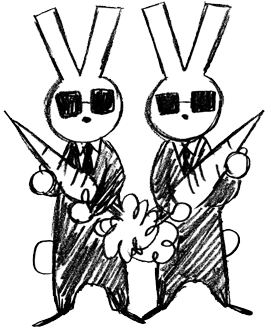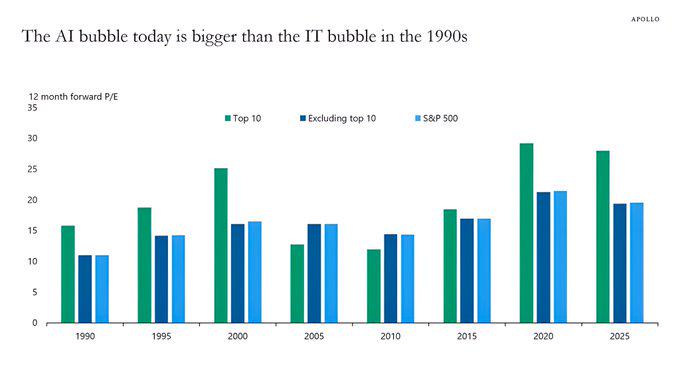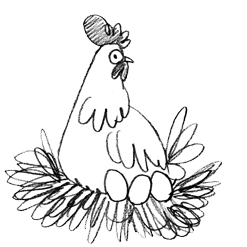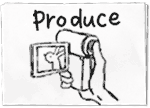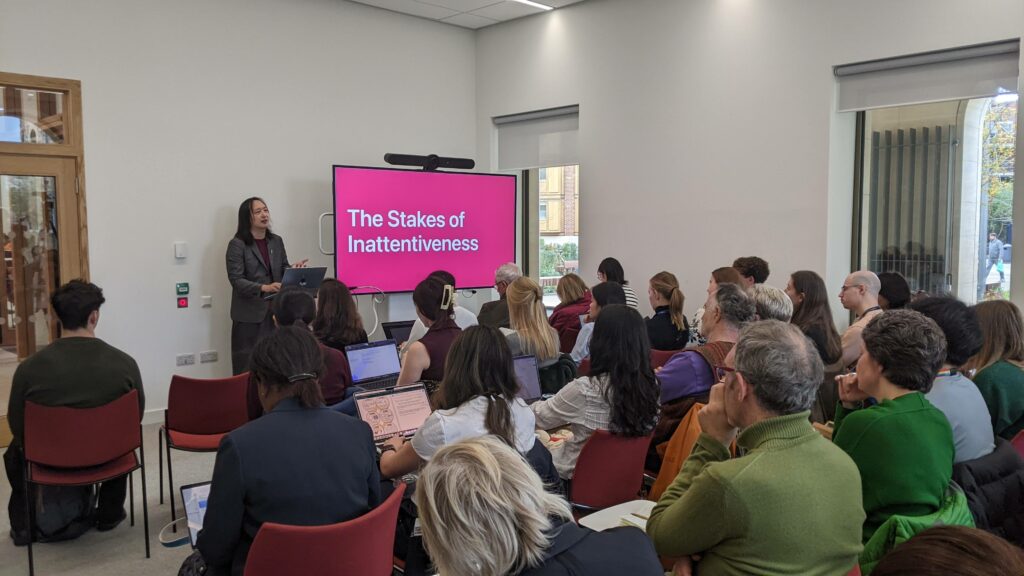The #openweb reminds us that meaningful autonomy comes from shared infrastructure, collective governance, and mutual trust. Projects like #OMN are built on this understanding: individuals do not create networks alone; networks create the conditions that allow individuals to flourish. Real freedom grows from commons-based collaboration, not from isolated platforms or competitive silos.
What can grassroots #openweb people actually do when the EU is building alternatives to #dotcons, but with very real risks of recreating European versions of the same problems? This is a historic moment, for the first time in decades public funding is flowing toward digital commons and infrastructure sovereignty is being taken seriously. Federated technologies like #ActivityPub are gaining traction, largely due to years of grassroots work which is leading to initiatives such as @NGICommons attempting to support open infrastructure.

But alongside this opportunity comes an obvious risk, that they replace Californian platform capitalism with European platform capitalism. The danger: is European #dotcons. Institutional “common sense” – especially when combined with bureaucracy and the #NGO class – tends to reproduce familiar patterns of projects prioritise compliance and institutions over communities. Tech governance becomes professionalised and detached from users and seed communities. Yes, open standards exist, but power centralises anyway as funding rewards scale, stability, and safety rather than needed native grassroots paths.
The result is predictable, European #dotcons. The structural problem is institutions optimise for safety when #EU funding systems are designed around risk avoidance, measurable outcomes to build controlled delivery structures. This leads to only professional actors and institutional partnerships. Grassroots projects – messy, political, horizontal – rarely fit comfortably into this narrow thinking.
So even when the intention is to “build commons,” the outcome becomes safe-looking infrastructure that lacks living social ecosystems. The commons turn into infrastructure without community, and frequently fail, leaving funding poured down the drain and more #techshit to compost.
Why grassroots counter-currents matter is that healthy technology ecosystems need tension between institutional builders for stability, grassroots radicals for innovation and activists for accountability. This balancing leads to communities and real-world grounding.
Without this tension, governance ossifies and technology becomes abstracted from users. Political imagination shrinks and becomes #blocked. Grassroots projects like #OMN represent the compost layer, the messy soil where new forms grow. Institutions rarely generate this energy themselves.
Where initiatives like #NGICommons sit is that some people inside these initiatives genuinely want openness. Much like early Google’s “don’t be evil” phase, there is still a window of possibility. This means influence is still possible and direction is not fully locked in. Individuals inside may be allies, even if institutional structures trend toward mainstreaming. The danger is not simply bad intentions, it is the structural gravity toward institutionalisation.
We need practical strategies (not just critique) to move grassroots actors to shift direction, critique alone is not enough. Practical engagement matters to frame grassroots work as ecosystem infrastructure. Don’t argue only from ideology, speak in terms institutions understand: that tech ecosystems need experimental edges as monocultures fail. We need to argue that diversity increases resilience.
Policy language travels further, when we push for small “wild funding” streams. Instead of demanding institutional transformation, push for small structural openings:
- microgrants
- low-bureaucracy funding
- experimental tracks
- funding for governance experiments, not just technical deliverables.
Small budgets can create disproportionate impact.
Promote ActivityPub + social governance together as many EU projects adopt federation technically while retaining centralised governance culturally. We need to communicate that federation without social decentralisation is fake decentralisation. This is where #OMN has strong positioning.
Build parallel legitimacy, not only opposition, as institutions might respond to working prototypes with visible communities that demonstrated outcomes. Critique alone rarely shifts funding flows. Working alternatives do.
We need to find sympathetic insiders, every institutional structure contains pragmatists, a few idealists and sometimes meany reformers. So bridge-building matters. Not everyone inside #NGICommons or EU initiatives is an opponent, some are actively trying to resist corporate capture from within.
The EU currently has three possible futures:
- European #dotcons – platform capitalism with EU branding
- Technocratic infrastructure without social life (#techshit to compost)
- Living digital commons grounded in grassroots communities.
The third path requires messy activism with strong social processes (#4opens) and historical memory rooted in #openweb culture. Without pressure from the grassroots edge, institutions drift toward the first outcome by default.
The deeper insight is that grassroots movements do not need to “win” against mainstreaming. They need to remain the compost layer that keeps the ecosystem alive. That means critique combined with collaboration where possible, strong and grounded independent experimentation and most importantly refusal of capture.
